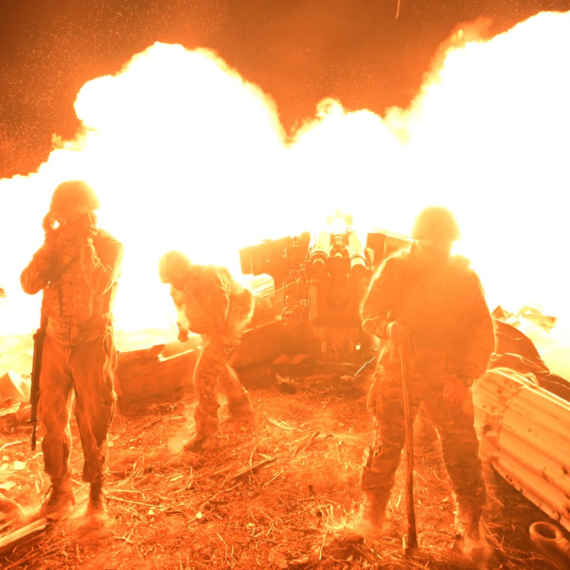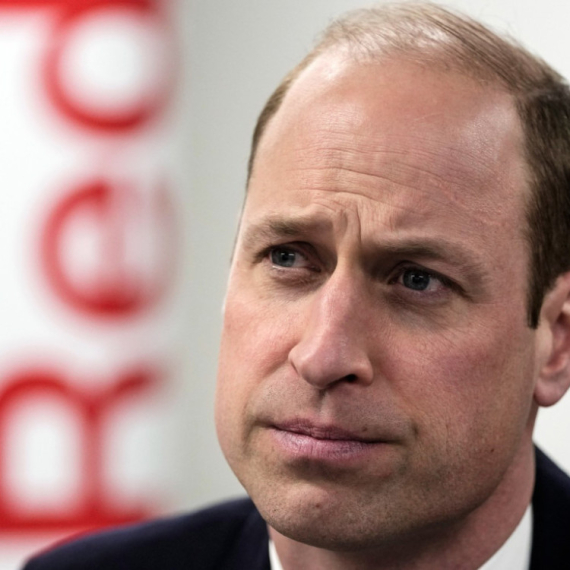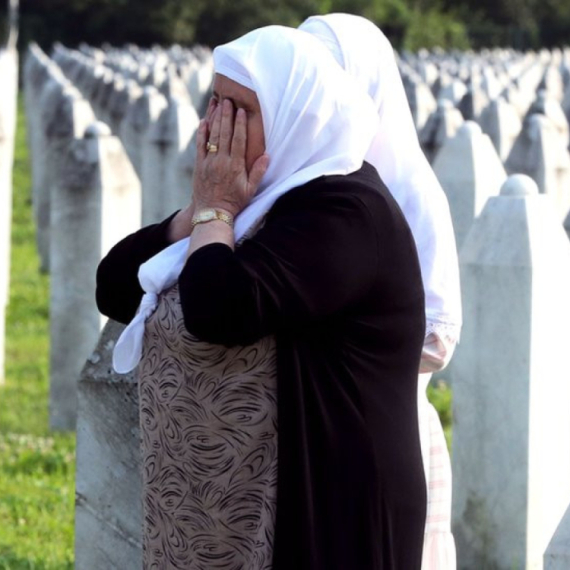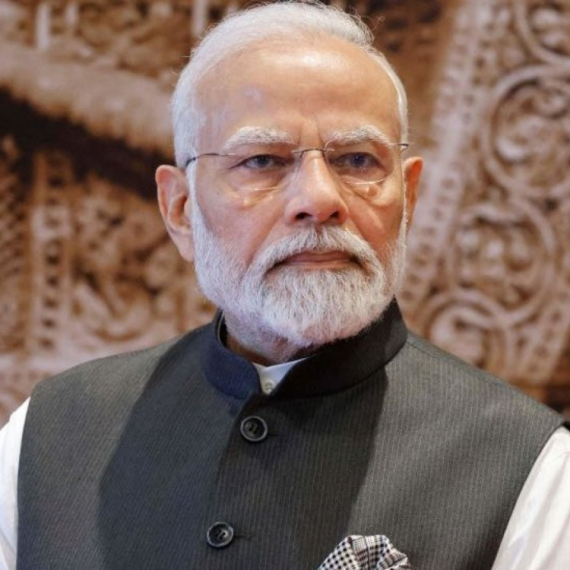German minister defends Afghan airstrike reaction
Germany's former defense and current labor minister defended his actions in the aftermath of Germany's deadly airstrike in Afghanistan in early September.
Friday, 27.11.2009.
09:57

Germany's former defense and current labor minister defended his actions in the aftermath of Germany's deadly airstrike in Afghanistan in early September. Calls for Franz Josef Jung's resignation are reaching fever pitch. German minister defends Afghan airstrike reaction Following a day of accusations that he was no longer fit to run a government department, Jung told the German parliament: "First of all I would like to make clear that I always wanted an objective clarification, which NATO provided." Jung's speech was received as a desperate attempt to cling to his cabinet post following the resignations of Germany's two most senior soldiers over the alleged withholding of information about a controversial airstrike in Afghanistan that resulted in civilian deaths. Germany's military chief of staff, Wolfgang Schneiderhan, and his deputy Peter Wichert resigned earlier Thursday when it emerged that the defense ministry had attempted to keep the civilian deaths a secret. Opposition parties and newspapers have now called on Jung to resign, but in his parliamentary speech, the former minister maintained that he had never intentionally misled the public. "I think one thing that can be clearly concluded from this affair is that I kept both the public and parliament informed of what I knew," he said. According to a report in the Bild newspaper, video evidence and important reports on the number of possible civilian casualties had been withheld from Jung. Jung himself said that he had been informed of a report on October 5 or 6 by Schneiderhan and had been asked to approve its release to international investigators. Jung said on Thursday that he had given this approval, but added, "I did not receive concrete information about this report." Current Defense Minister Karl-Theodor zu Guttenberg confirmed that this report had not arrived on his desk until Wednesday, but that on reading it he had called for the resignation of Schneiderhan. Quoting parliamentary reports, Jung gave a detailed account of his actions and consultations in the aftermath of the airstrike, and of his cooperation with the subsequent NATO investigation. NATO concluded that Colonel Georg Klein, who called the airstrike on September 4, had committed procedural errors, and that up to 142 people had been killed, an indeterminate number of whom were civilians. The resignation of Germany's highest-ranking soldier has caused a political earthquake in Berlin. The German parliament spent ten hours debating and conferring on the airstrike, and many commentators believe that Jung's position is now untenable. Chancellor Angela Merkel conspicuously failed to support Jung in a Thursday press conference held with NATO Secretary-General Anders Fogh Rasmussen, and she called for a full inquiry into the issue. "I've always said that if we want to win confidence, we have to have full transparency," Merkel told reporters. Guttenberg announced Schneiderhan's resignation in parliament on Thursday as a debate began on Germany's military deployment in Afghanistan. Schneiderhan had "released himself from his duties at his own request," said Guttenberg. Guttenberg has defended the military action that sparked the affair, saying that despite "procedural errors" the decision to request the airstrike had been "appropriate in military terms."
German minister defends Afghan airstrike reaction
Following a day of accusations that he was no longer fit to run a government department, Jung told the German parliament: "First of all I would like to make clear that I always wanted an objective clarification, which NATO provided."Jung's speech was received as a desperate attempt to cling to his cabinet post following the resignations of Germany's two most senior soldiers over the alleged withholding of information about a controversial airstrike in Afghanistan that resulted in civilian deaths.
Germany's military chief of staff, Wolfgang Schneiderhan, and his deputy Peter Wichert resigned earlier Thursday when it emerged that the defense ministry had attempted to keep the civilian deaths a secret.
Opposition parties and newspapers have now called on Jung to resign, but in his parliamentary speech, the former minister maintained that he had never intentionally misled the public.
"I think one thing that can be clearly concluded from this affair is that I kept both the public and parliament informed of what I knew," he said.
According to a report in the Bild newspaper, video evidence and important reports on the number of possible civilian casualties had been withheld from Jung. Jung himself said that he had been informed of a report on October 5 or 6 by Schneiderhan and had been asked to approve its release to international investigators.
Jung said on Thursday that he had given this approval, but added, "I did not receive concrete information about this report."
Current Defense Minister Karl-Theodor zu Guttenberg confirmed that this report had not arrived on his desk until Wednesday, but that on reading it he had called for the resignation of Schneiderhan.
Quoting parliamentary reports, Jung gave a detailed account of his actions and consultations in the aftermath of the airstrike, and of his cooperation with the subsequent NATO investigation.
NATO concluded that Colonel Georg Klein, who called the airstrike on September 4, had committed procedural errors, and that up to 142 people had been killed, an indeterminate number of whom were civilians.
The resignation of Germany's highest-ranking soldier has caused a political earthquake in Berlin. The German parliament spent ten hours debating and conferring on the airstrike, and many commentators believe that Jung's position is now untenable.
Chancellor Angela Merkel conspicuously failed to support Jung in a Thursday press conference held with NATO Secretary-General Anders Fogh Rasmussen, and she called for a full inquiry into the issue.
"I've always said that if we want to win confidence, we have to have full transparency," Merkel told reporters.
Guttenberg announced Schneiderhan's resignation in parliament on Thursday as a debate began on Germany's military deployment in Afghanistan. Schneiderhan had "released himself from his duties at his own request," said Guttenberg.
Guttenberg has defended the military action that sparked the affair, saying that despite "procedural errors" the decision to request the airstrike had been "appropriate in military terms."




























































Komentari 2
Pogledaj komentare